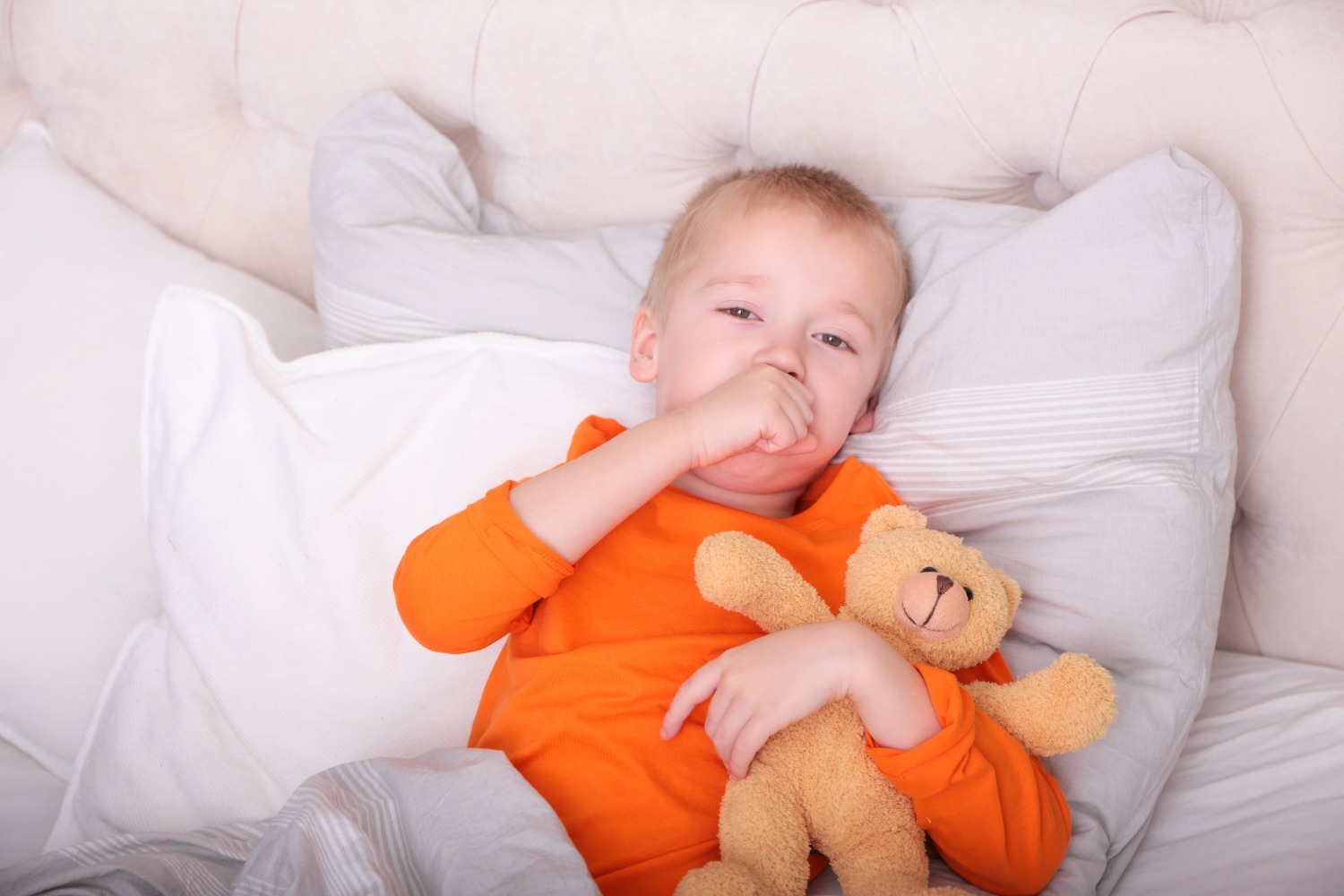
Post-Diwali Pollution: Here’s how you can safeguard your kids from respiratory horrors
3 Nov 2016 | 4 min Read
Dr Gorika Bansal
Author | 5 Articles
The Diwali lights have faded and so has the festivity in the air. You step out into the hazy winter morning with your child but instinctively cover his face with a dupatta. As both of you breathe in the post-celebratory, your child breaks into a cough that is enough to worry you.
Safeguarding ourselves and our kids from air pollution is extremely important to avoid any breathing problems (respiratory disorders). Here are a few tips on how you could deal with the rising pollutants post the festive frenzy!
Protecting yourself from post-Diwali air pollution
1. Peak pollution levels post Diwali take about a week or two to settle down. So if it is an option, it would be best go for a vacation to the hills or sorme other places. Get some fresh air for your lungs!
2. Avoid stepping out early in the morning as smog is usually the highest in the morning. If your children need to attend school in the morning, cover their faces and nose with masks or handkerchiefs. Keep the windows of the bus closed. If your children do not need to leave the house in the morning, close the windows and let them be indoors.
3. Avoid visiting high traffic or heavily polluted areas. A good measure to assess air pollution is the air quality index value which appears in the newspapers daily. Anywhere between the values 400-500 is dangerous and stepping out on those days is best avoided.
4. Go to gyms or indoor activity classes such as dance or gymnastics for exercise. Avoid playing outdoors especially in the morning hours.
5. Exercise and practice yoga indoors. Teach kids Pranayama, as it will help improving their lung volume and help build immunity to deal with such high levels of chemicals in the air.
6. Avoid foods like eggs, shellfish, chocolates and nuts. if your child is prone to allergies as these foods can lead to cross allergies and worsen symptoms.
7. Practising good hygiene like brushing teeth twice daily and drinking plenty of liquids especially warm water, will keep respiratory infections at bay.
8. Keeping indoor plants that keep the air fresh is a good idea. Some indoor plants are also known to absorb toxic gases.
9. Increase intake of food and drinks rich in antioxidants. This is yet another reason to eat plenty of fruits and veggies rich in vitamin-C to lessen the effects of air pollution. Researchers have found that people with low levels of vitamin C have an increased risk of breathing problems. Deep-colored fruits and vegetables such as berries, tomatoes, carrots, broccoli, apples and plums that are packed with antioxidants are good. Even cinnamon, pomegranate, and citrus fruits like oranges, have a powerful antioxidant effect.
10. Setting up an indoor air purifier may help. It may protect your child from various diseases caused by air pollution such as asthma, chronic obstructive pulmonary disorder and lung cancer among others to some extent.
11. Wear an anti-pollution mask: Plain surgical masks alone won’t do. One should use hi-tech masks such as the N95 to prevent breathing in very small particles. ‘N95’ means that when subjected to testing, the respirator blocks at least 95% of very small test particles. However, it does not completely eliminate the risk of breathing in pollutants as the mask still can’t filter poisonous gases like nitrogen dioxide, carbon monoxide and ozone, which are now circulating in the city’s environment.
12. Last but not the least, parents /elders should quit smoking to make the environment healthier for them and the kids. This is the least we can do to make life possible for us and our children!
Taking simple precautions like these go a long way in protecting our kids from troubling respiratory illnesses. Wishing Good health to you and your family!
A


Related Topics for you
Suggestions offered by doctors on BabyChakra are of advisory nature i.e., for educational and informational purposes only. Content posted on, created for, or compiled by BabyChakra is not intended or designed to replace your doctor's independent judgment about any symptom, condition, or the appropriateness or risks of a procedure or treatment for a given person.
